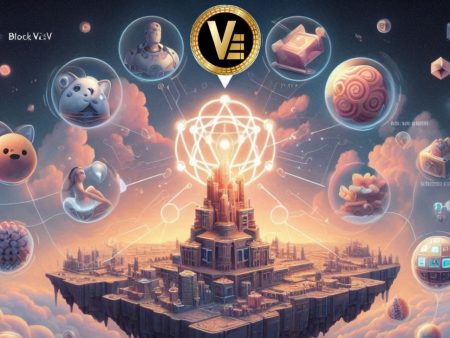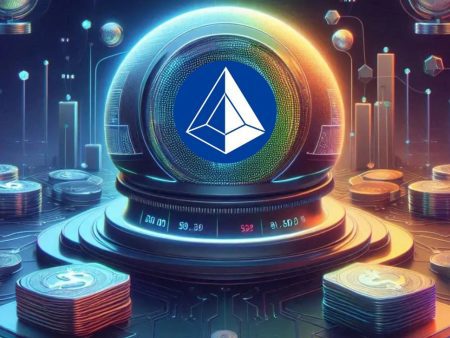NFT Utility is opening a new chapter where NFTs are no longer just collectible assets but also hold practical value. They are being utilized across various industries, including gaming, finance, real estate, and supply chain management, offering superior advantages over traditional NFTs.
So, what exactly is NFT Utility? Why is it important? What are its benefits and challenges? And which industries are leveraging this technology? Let’s dive TopCoin9 into the details in the article below!
What is NFT Utility?
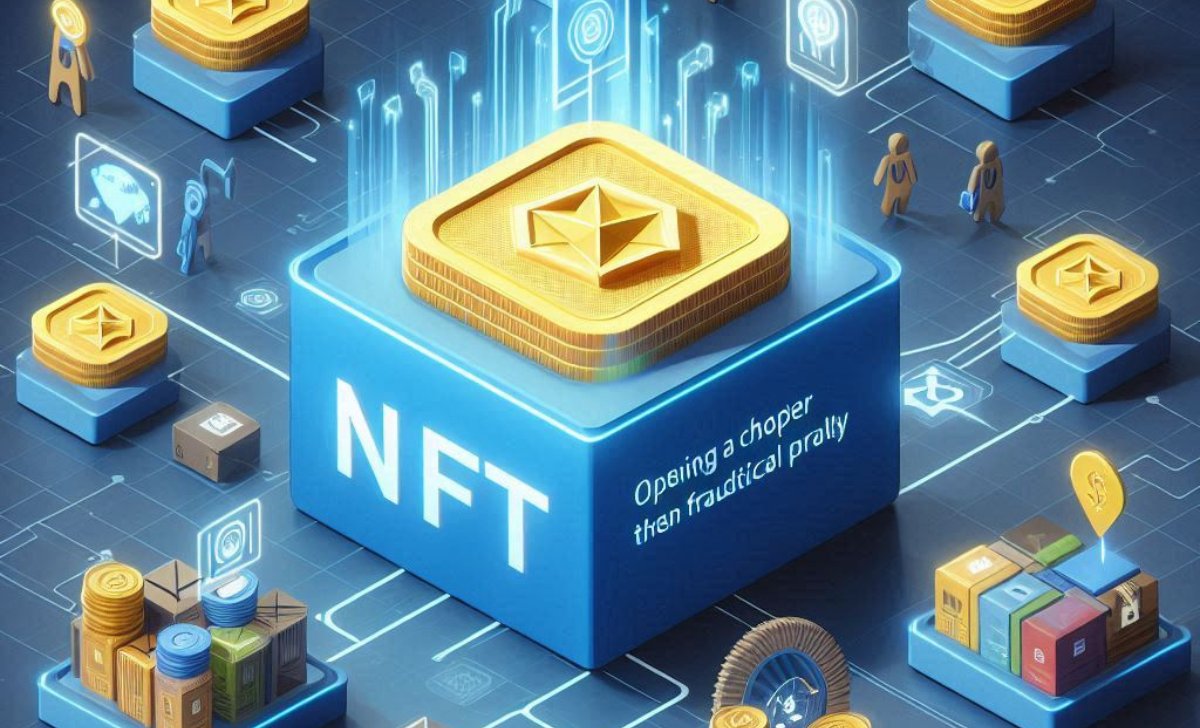
NFT Utility refers to NFT use cases that go beyond mere collectibles. Instead of simply representing a digital asset with sentimental value, it provides real-world benefits to its owners. These may include exclusive access, ownership certification, financial advantages, or other practical functions.
Specifically, NFT Utility can be used in:
- Event tickets & exclusive memberships: An NFT can grant access to events, clubs, or premium services.
- Ownership certification: NFTs can replace traditional ownership documents for real estate, cars, or intellectual property.
- In-game assets & metaverse integration: NFTs are not just game items but can also be embedded in virtual worlds, enabling trading and monetization.
As NFTs beyond art continue to evolve, they are unlocking new opportunities, turning blockchain technology from a trend into highly practical innovation. Let’s explore the industries harnessing the power of this NFT in the next section!
The Expanding Use Cases of NFT Utility
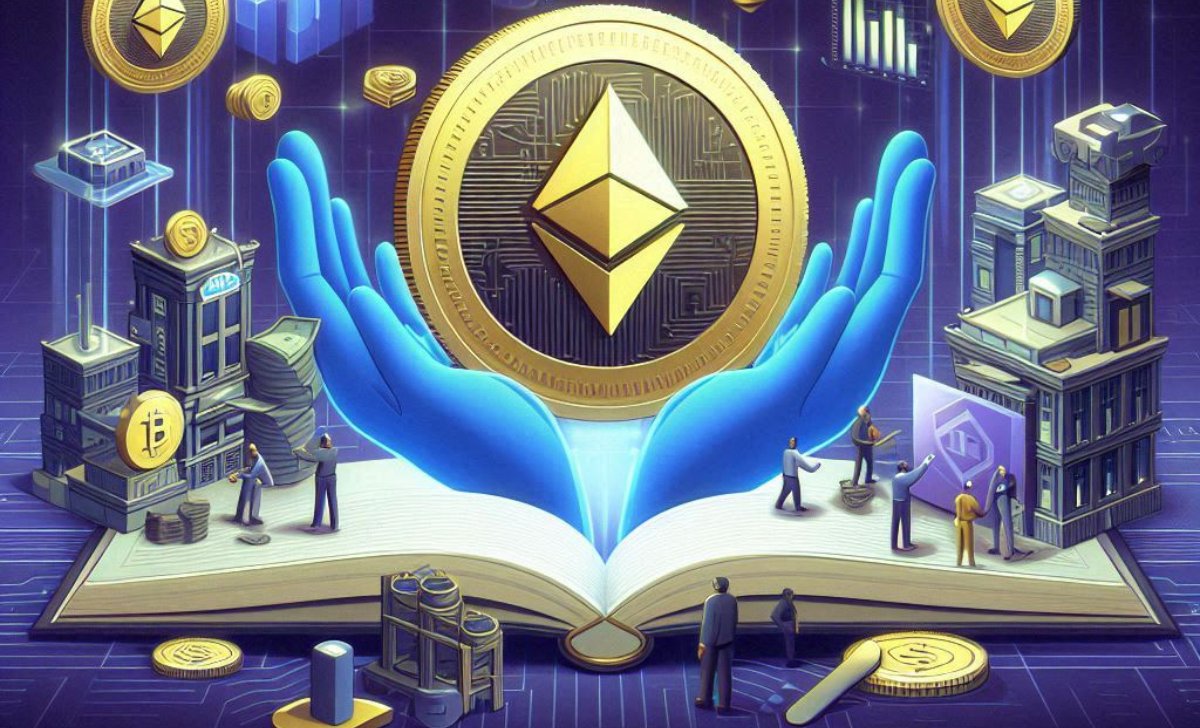
NFT Utility is not limited to a single industry — it is rapidly expanding across various sectors. Below are some of the NFT real-world applications:
Gaming & Virtual Worlds
In the gaming industry and metaverse, NFTs help create a more sustainable digital economy. Players can own, buy, sell, or trade in-game assets without being restricted by the game publisher’s platform. This ensures that in-game assets retain real-world value and are not lost when a game shuts down.
The next section will explore how NFTs go beyond gaming and are being used in membership models and exclusive access.
Membership & Access Passes
Brands and celebrities are leveraging NFTs as event tickets or exclusive membership cards. For example, owning a specific NFT may grant special perks or access to premium content.
Continue reading to discover how NFTs are transforming real estate and property ownership!
Real Estate & Property Rights
Real estate is one of the industries that can benefit significantly from NFTs. NFTs can serve as smart contracts that verify land or apartment ownership without requiring intermediaries. This enhances transparency and reduces fraud in real estate transactions.
The next section will discuss how NFTs support supply chain management and product authentication!
Supply Chain & Authentication
NFTs help track supply chains and verify product authenticity. For example, a luxury fashion brand can use NFTs to authenticate high-end handbags, effectively combating counterfeit goods.
The following section will highlight how NFTs are revolutionizing intellectual property rights and revenue sharing for artists and content creators.
Intellectual Property & Royalties
Artists and content creators can use NFTs to protect their copyrights while earning NFT royalties on secondary sales. This means that every time their digital work is resold, they automatically receive a percentage of the profits without intermediaries.
These benefits make NFT Utility far more attractive than traditional NFTs. So, what specific advantages does NFT Utility offer? Find out in the next section!
Benefits of NFT Utility Over Traditional NFTs
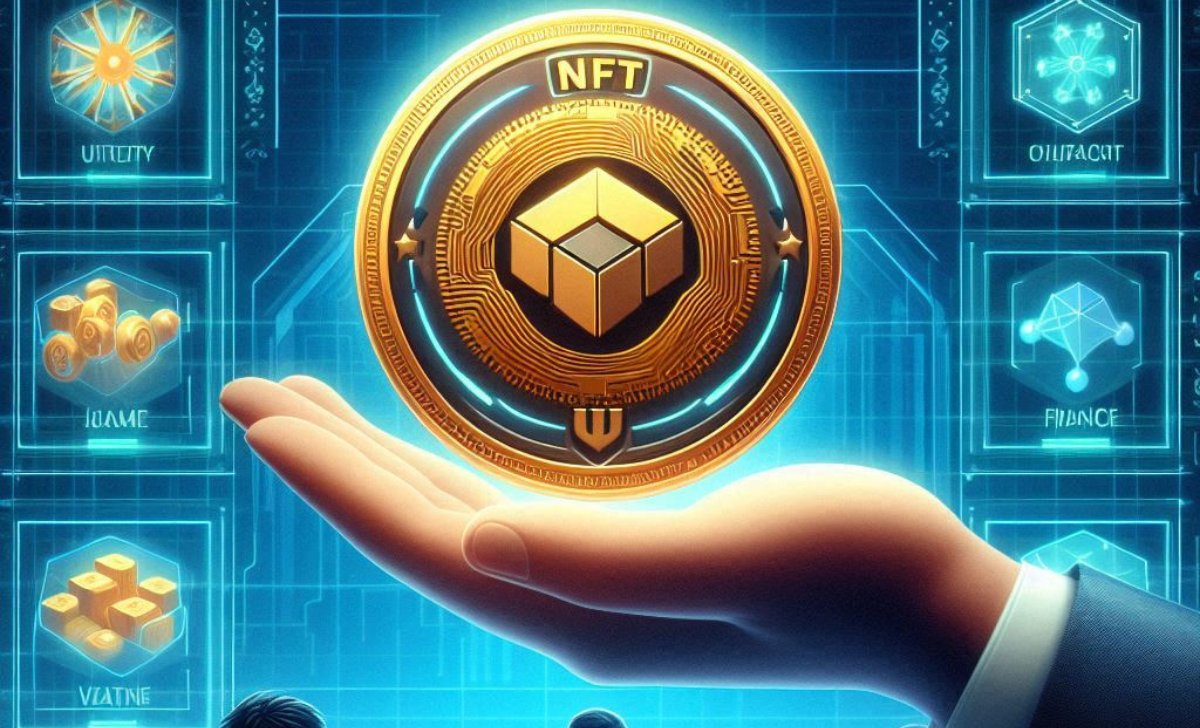
NFT Utility offers significant advantages over traditional NFTs, making them a more sustainable trend for the future.
- Higher real-world value: Unlike traditional NFTs, which are mainly collectibles, it provides tangible benefits such as access rights, ownership certification, and financial advantages for holders.
- Enhanced security and transparency: Thanks to blockchain technology, all transactions and ownership records of NFTs are publicly recorded, reducing fraud and ensuring transparency.
- Independence from centralized platforms: This NFT operates independently of centralized exchanges or issuers, giving users full control over their assets without the risk of restrictions or losing ownership.
Despite its advantages, NFT Utility still faces challenges that must be addressed before it reaches its full potential. Let’s explore them in the next section!
Challenges of NFT Utility
Although NFT Utility holds great potential, several obstacles hinder its widespread adoption.
- Legal and regulatory issues: Many countries lack clear regulations on NFTs, creating legal ambiguity. This can lead to disputes over ownership rights and asset protection in real-world applications.
- High transaction fees: Some blockchains impose high gas fees, increasing costs for NFT transactions. This is especially problematic for lower-value NFTs or frequent trades.
- Scalability and usability: This is not yet widely adopted, as many people still struggle to understand how it works. Additionally, blockchain scalability remains a factor affecting its growth and efficiency.
Despite these challenges, this NFT presents tremendous growth opportunities. Let’s delve deeper into its promising future!
The Future of NFT Utility

NFT Utility is evolving rapidly and is expected to become a vital part of the digital economy in the coming years. Key trends to watch include:
- NFTs in Web3 and the Metaverse: NFTs will play a crucial role in digital identity and asset ownership in Web3. They will function across multiple platforms, enabling seamless interaction within virtual worlds.
- The integration of DeFi and NFT: NFT Utility can merge with decentralized finance (DeFi), allowing users to collateralize NFTs for loans or earn passive income through NFT staking. This unlocks new financial opportunities and enhances NFT value.
- AI-powered NFT Utility: Artificial intelligence can create dynamic NFTs that evolve based on user behavior or real-world data. This makes NFTs more versatile and increases their practical applications across industries.
In summary, NFT Utility is not just a passing trend — it is gradually becoming a widely applicable technology across multiple sectors. Those who embrace this innovation early will gain a significant advantage in the future digital economy. Stay tuned for the latest insights from TopCoin9 to keep up with this exciting evolution!

Emily Thompson is a highly skilled crypto writer and strategist with extensive experience in blockchain journalism, having contributed to Cointelegraph and Binance Academy. At TopCoin9, she ensures high-quality, SEO-optimized content that educates and informs the crypto community.
Email: [email protected]
